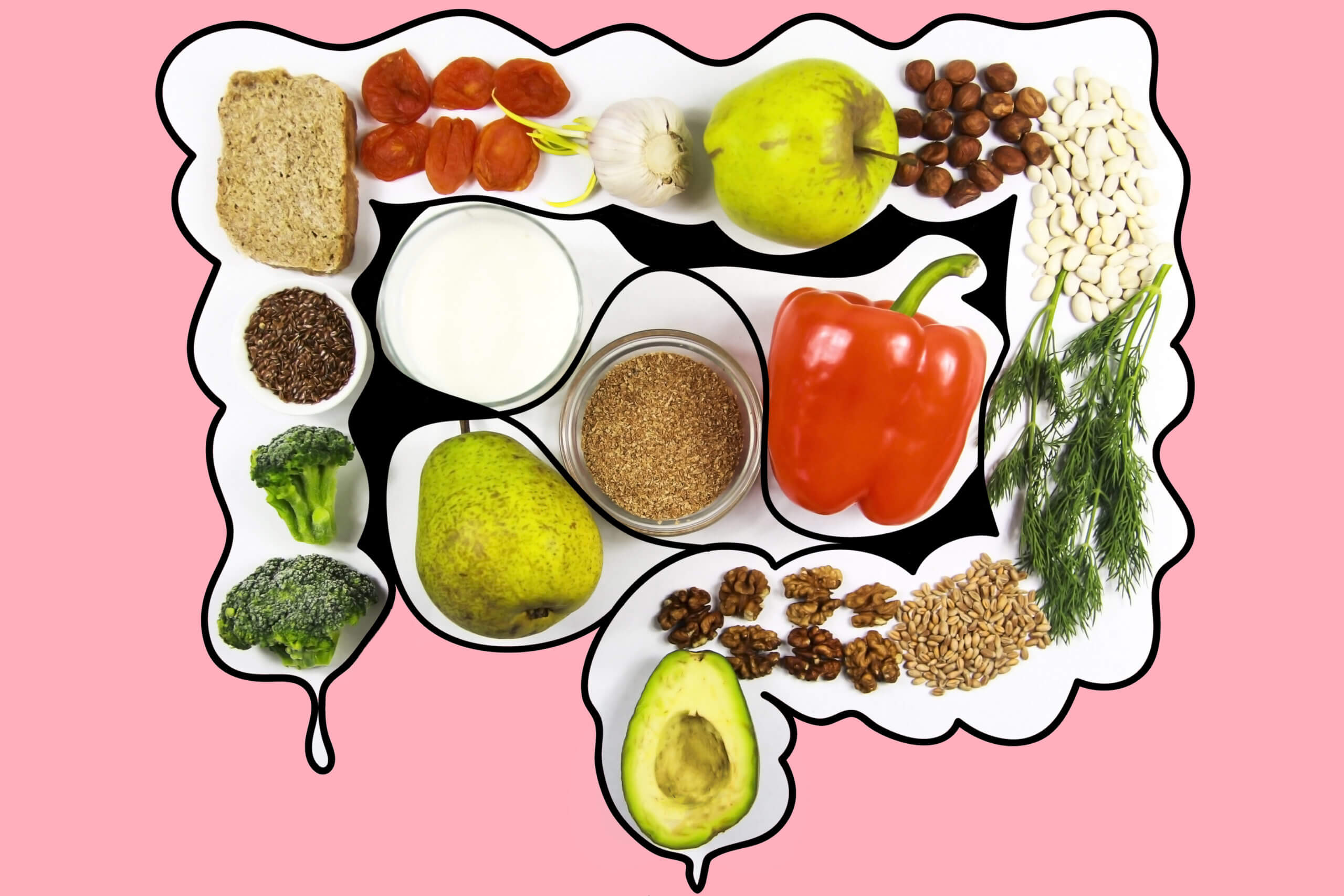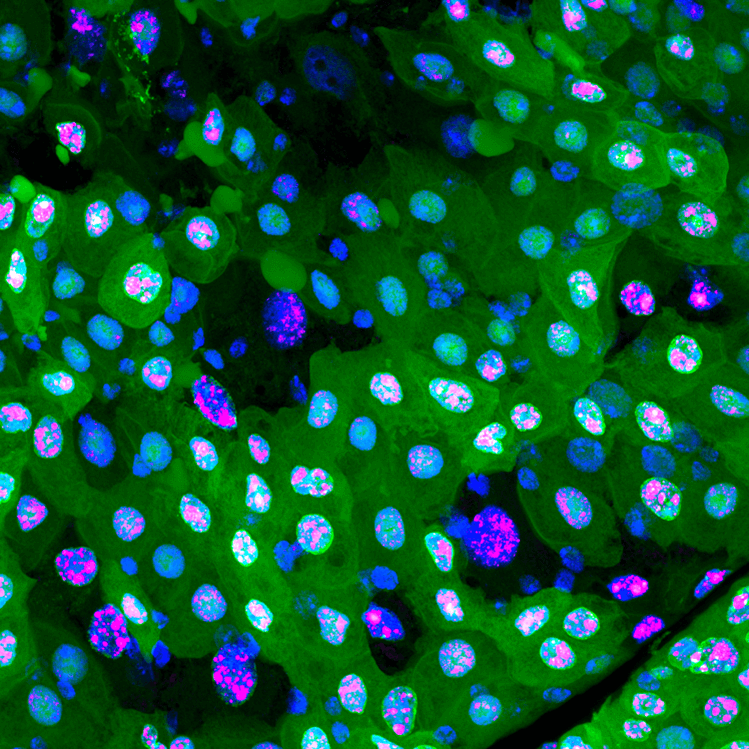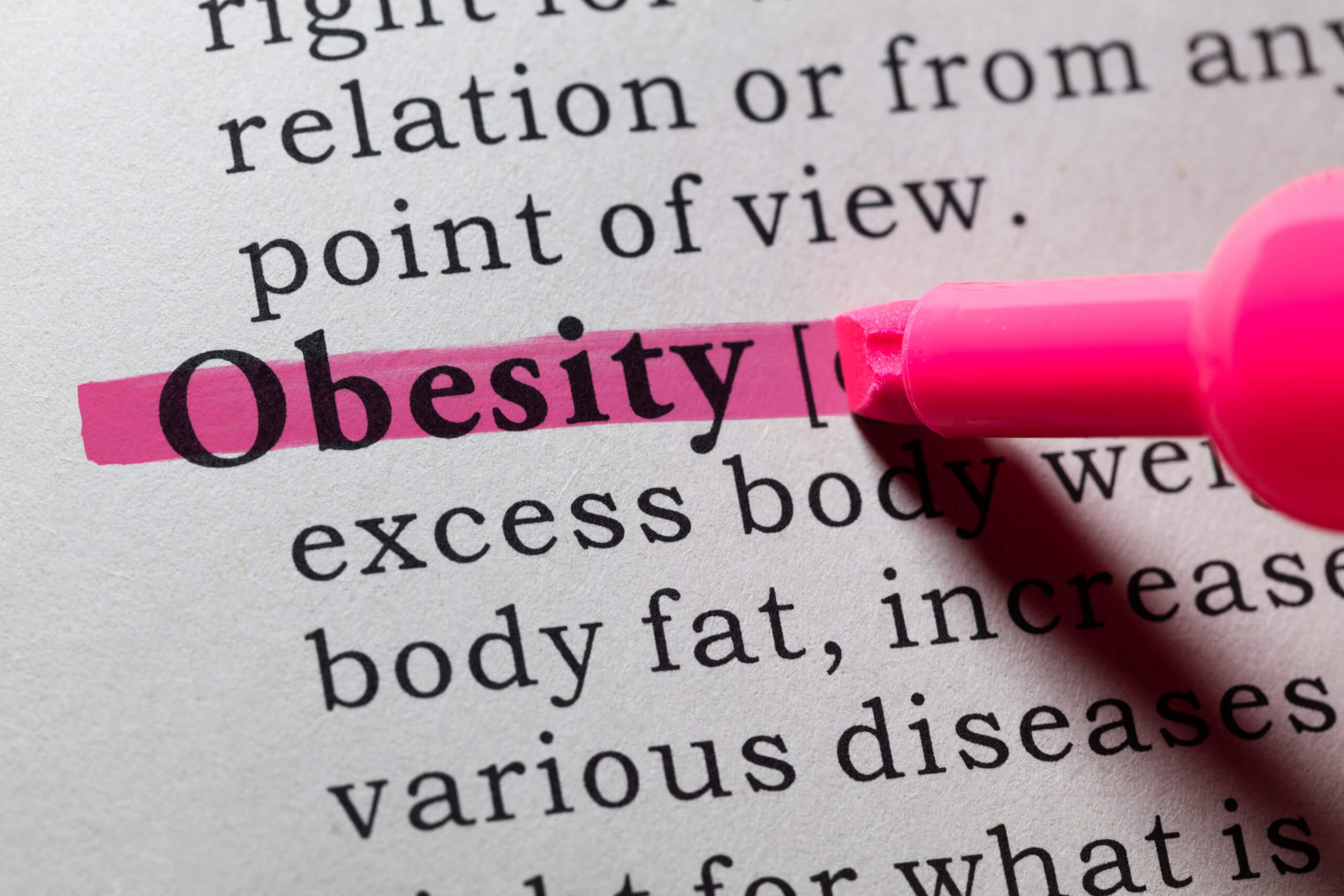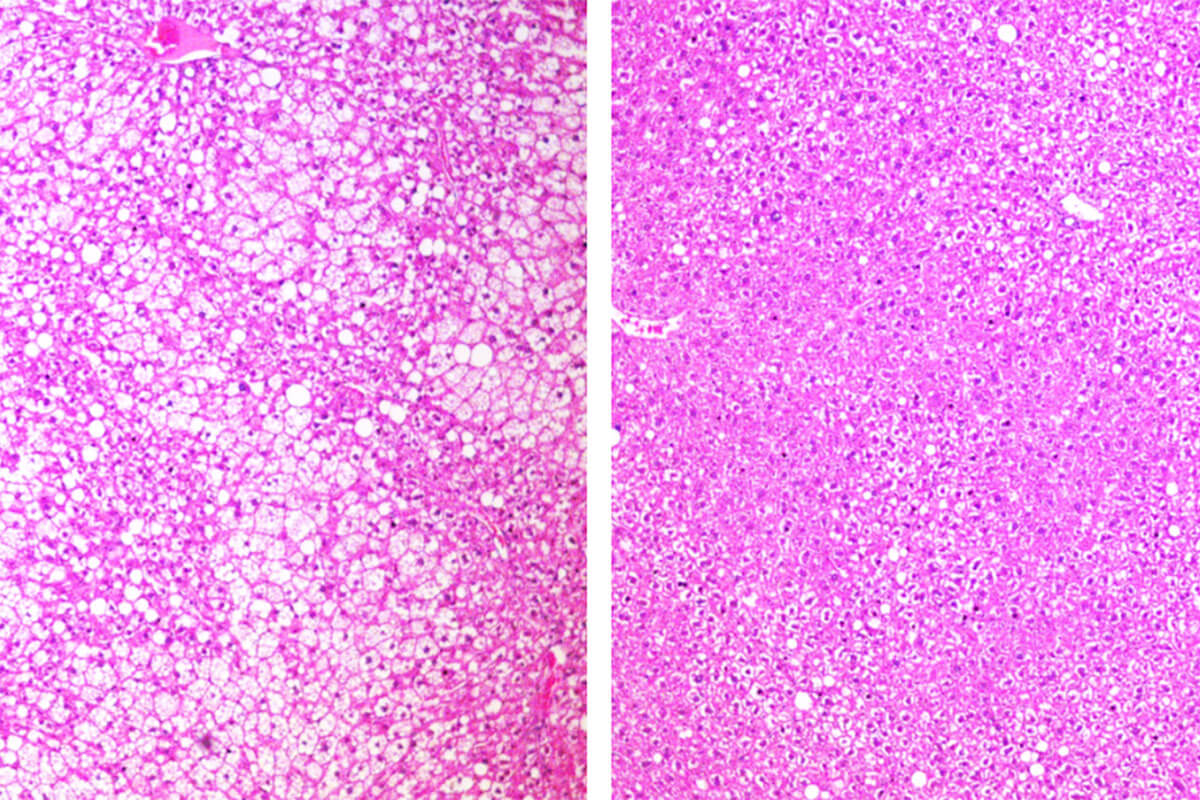Could This Missing Gut Metabolite Be Your IBD Solution?
Imagine a future where managing inflammatory bowel disease (IBD) doesn’t always rely on powerful drugs with harsh side effects. What if a naturally occurring compound, found in food, could help restore balance to your gut, calm inflammation, and fortify your body’s natural defenses? New research offers a compelling glimpse into this future, thanks to a … Read more









